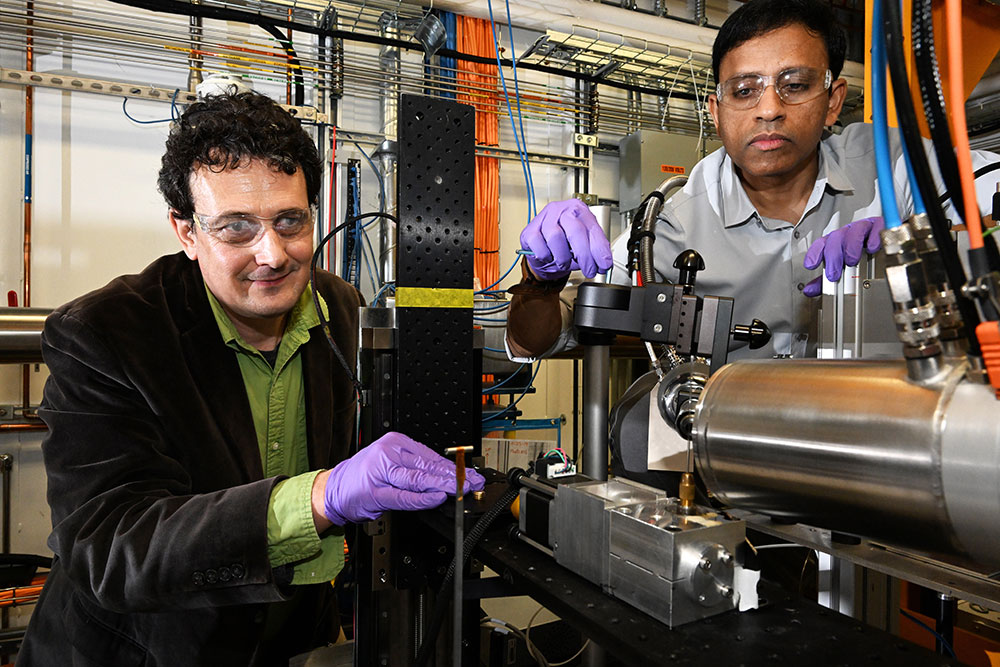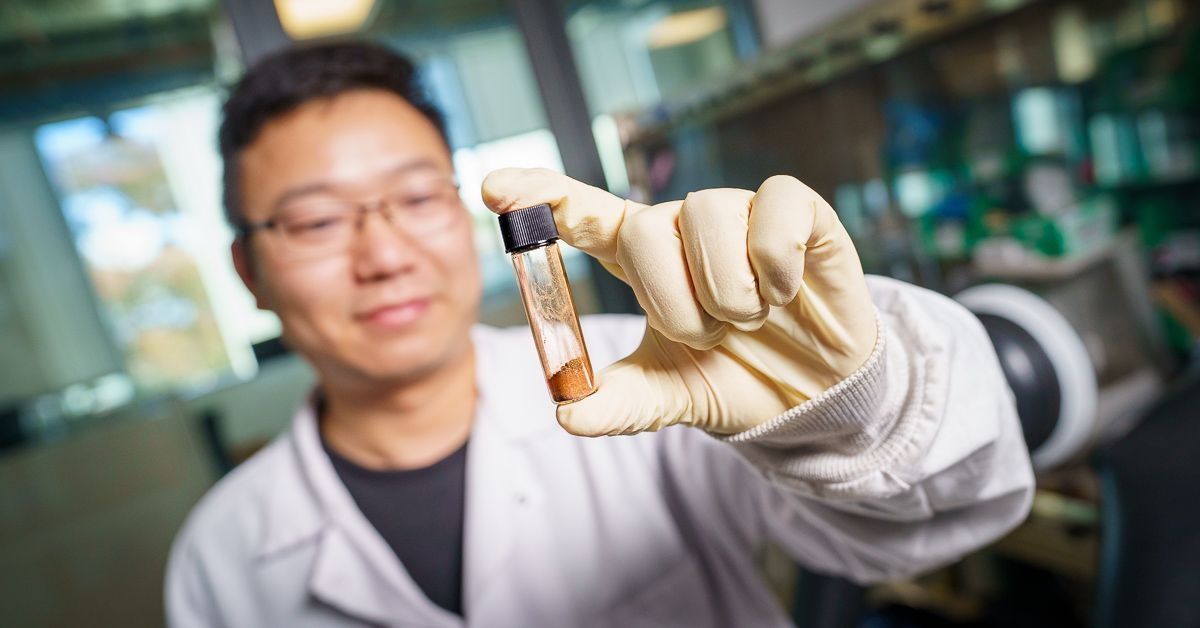A reporter's PressPass is required to access this story until the embargo expires on 1-Apr-2024 3:00 PM EDT The Newswise PressPass gives verified journalists access to embargoed stories. Please log in to complete a presspass application. If you have not yet registered, please Register. When you fill out the registration form, please identify yourself as a reporter in order to advance to the presspass application form.
access_time Embargo lifts in 2 days
This news release is embargoed until 1-Apr-2024 3:00 PM EDT
Released to reporters: 28-Mar-2024 6:05 PM EDT










































